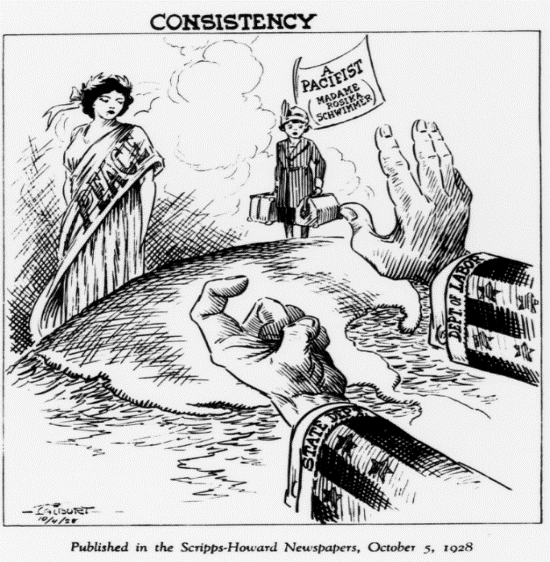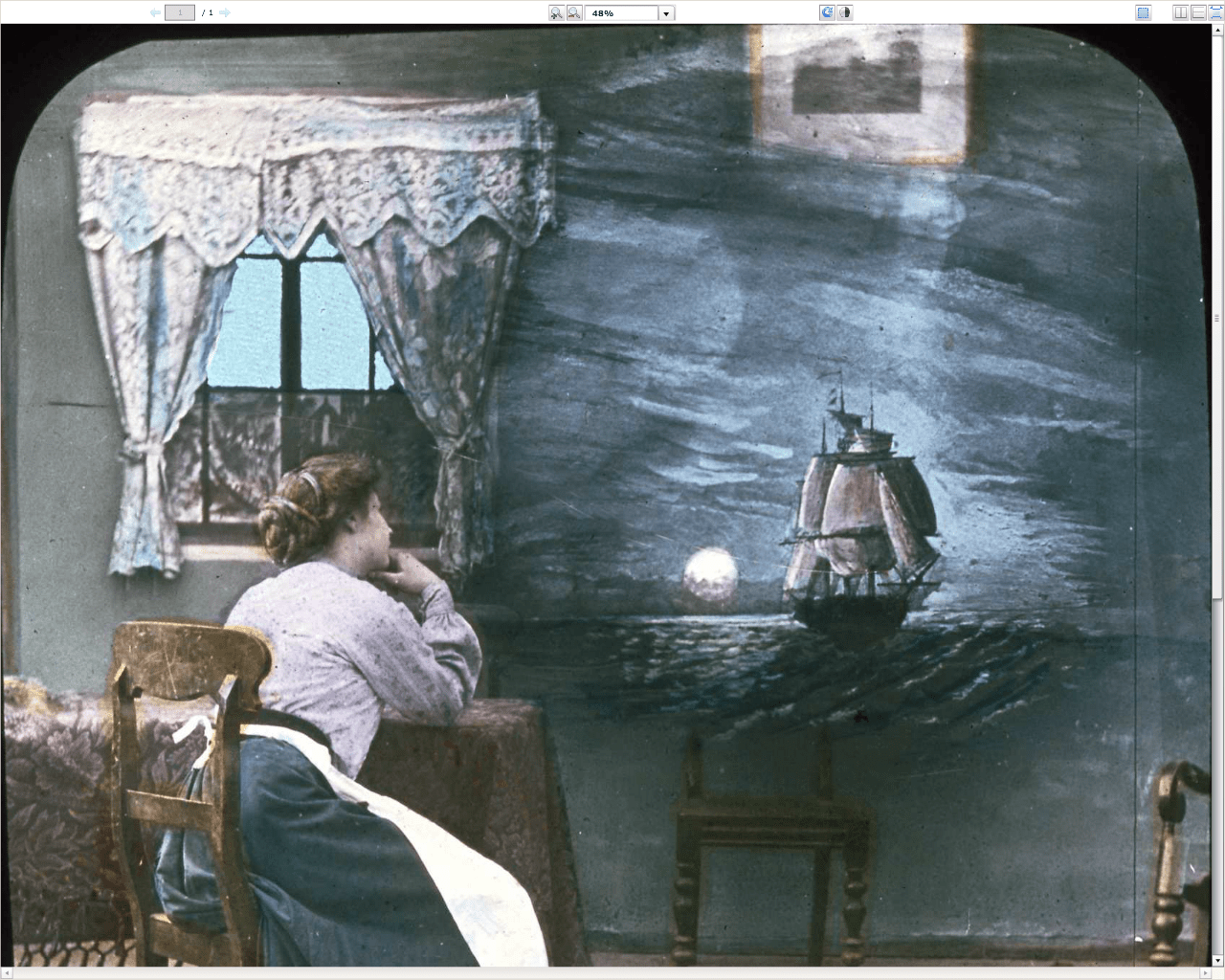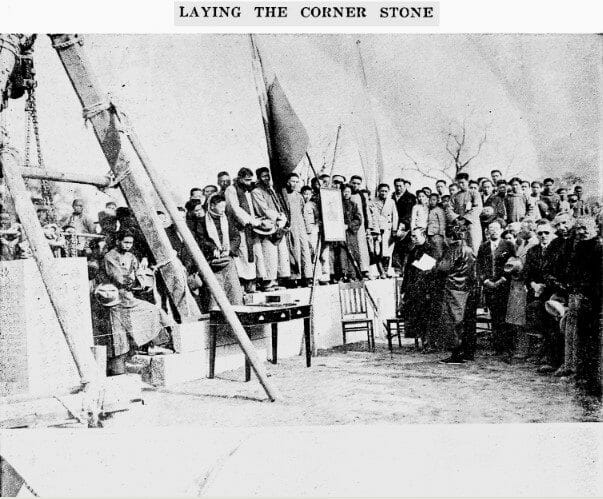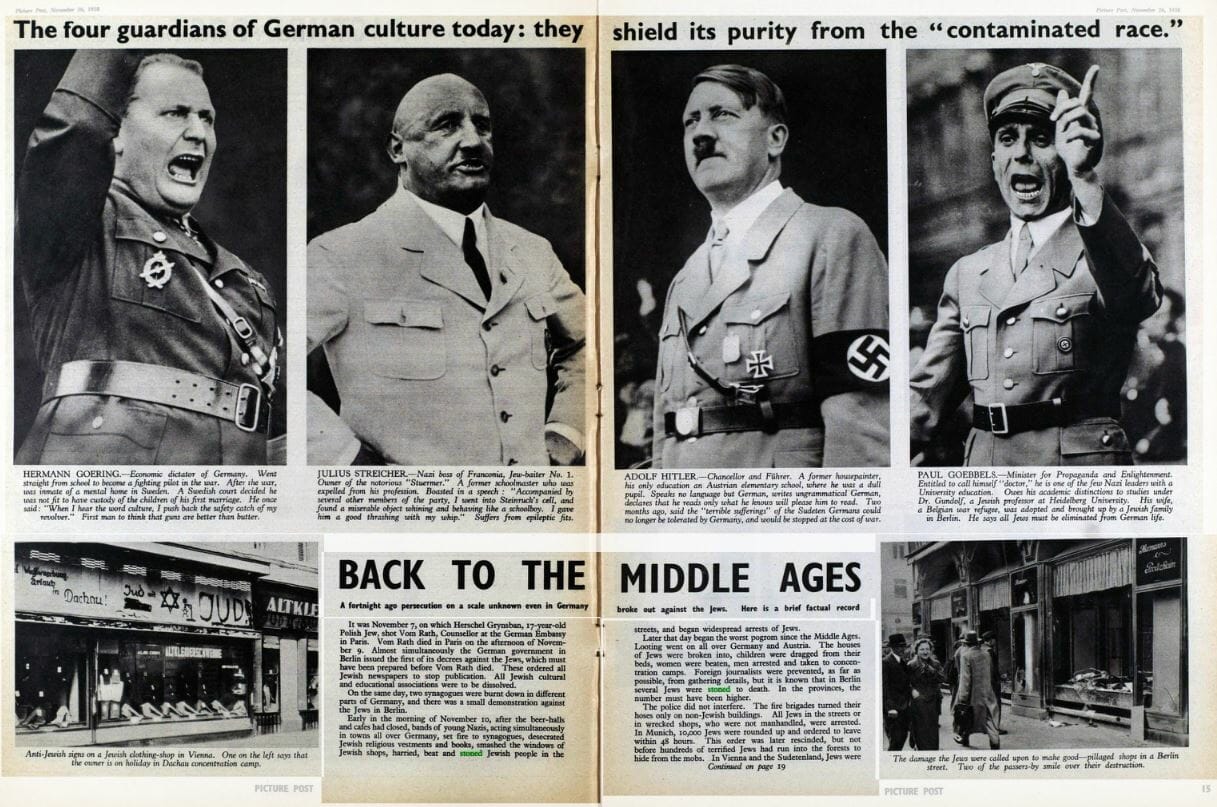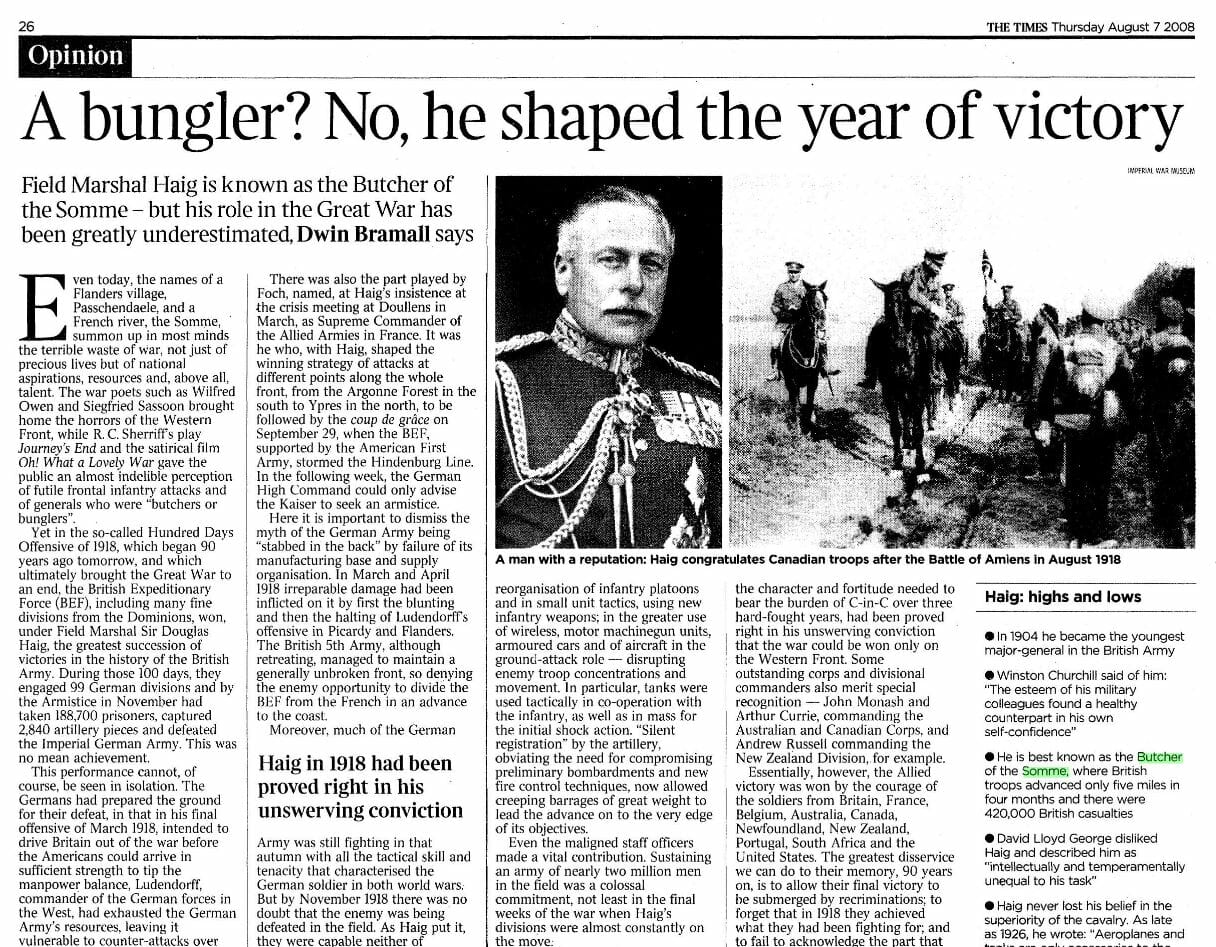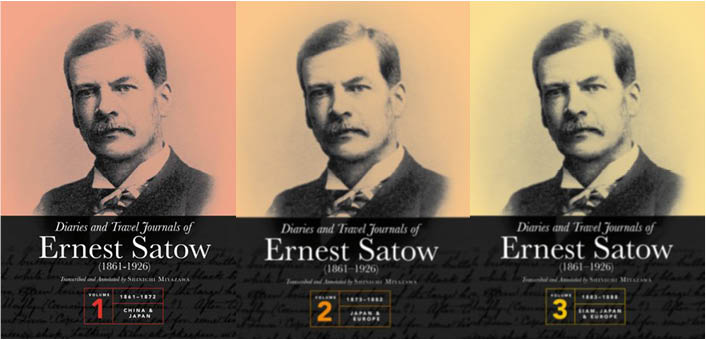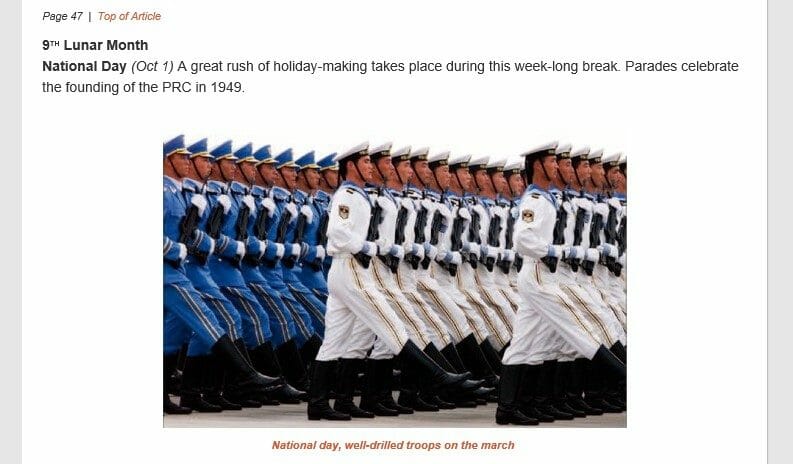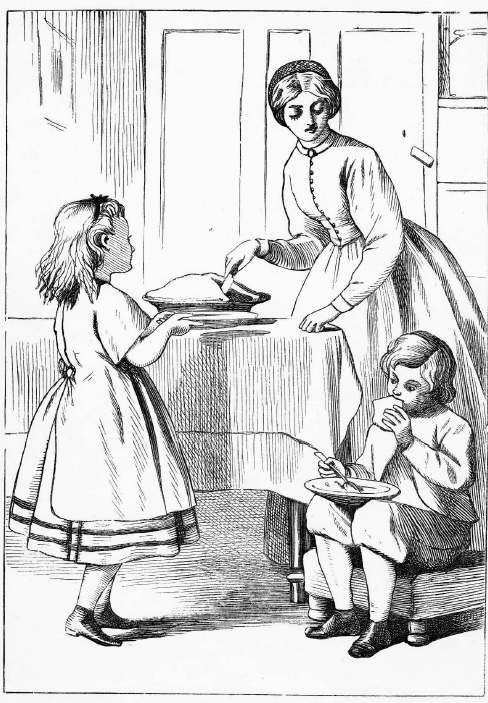| By James Alex Waldron, Marketing Communications Manager |
When we covered The Commercialisation of Christmas last year, hundreds of you followed the story of how advertising shifted the mood of the season from religious festival to retail bonanza.
As 2016 became the year of smartphone projectors, Bluetooth headphones, and Minion Pie Faces, I used Gale Primary Sources to provide the next part in our story of evolving buying habits. Following the reflections in the Press to provide part two — from early private brand announcements to full-page menus of big-ticket goods. What happened when the retailers themselves pushed gifts that necessitated new ways to pay.


